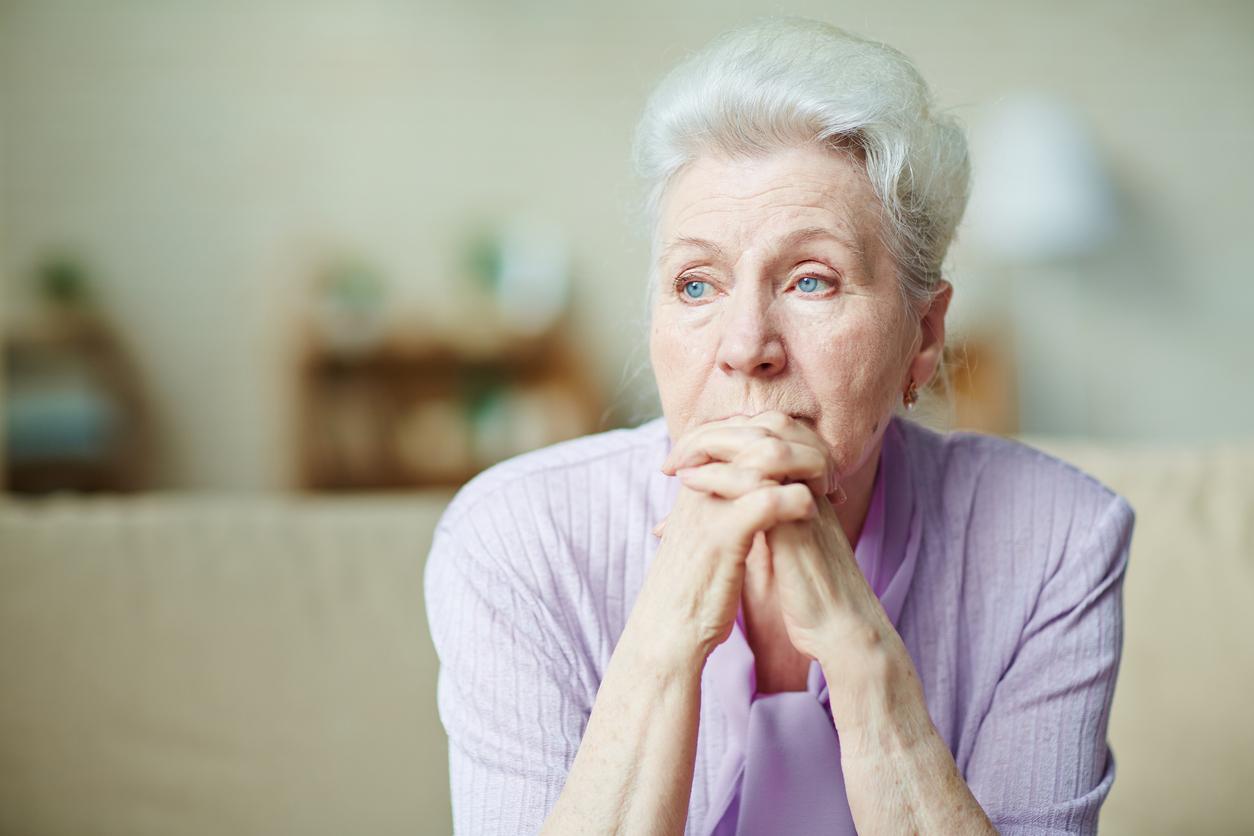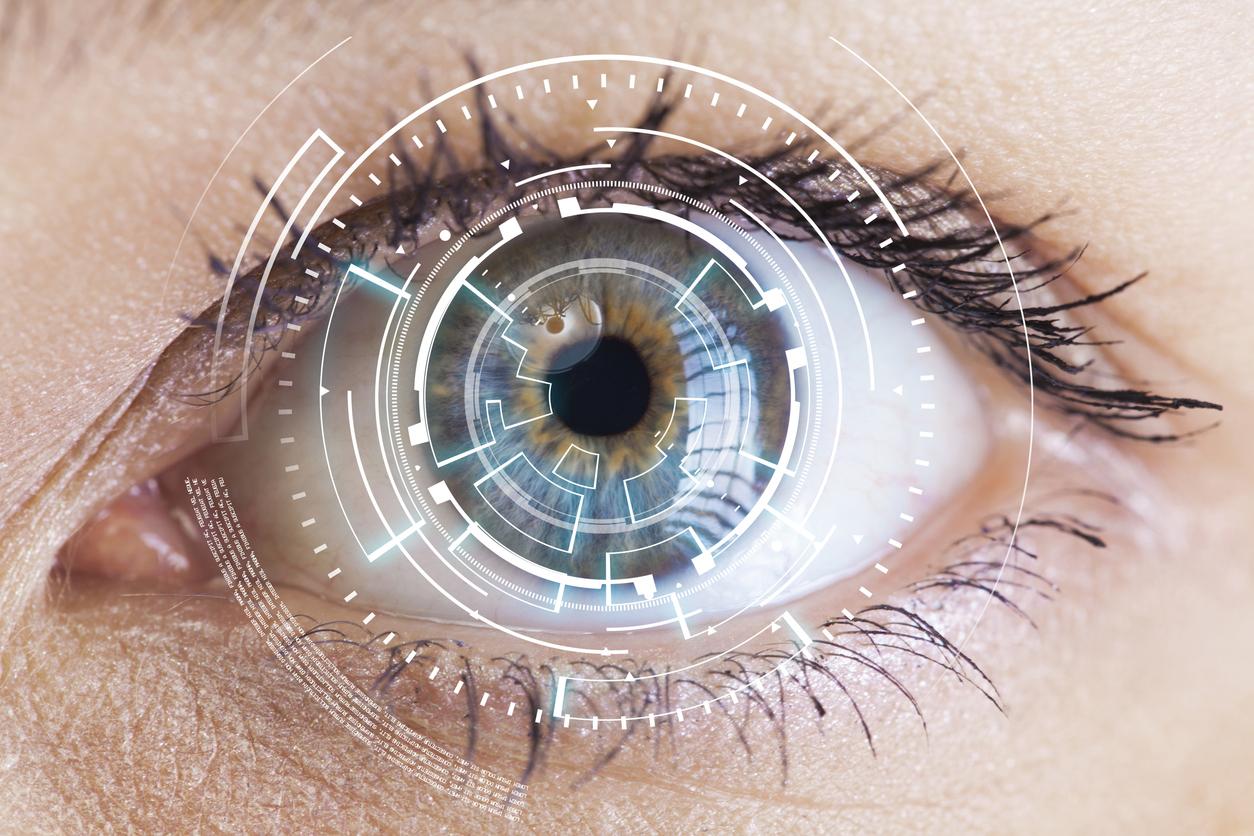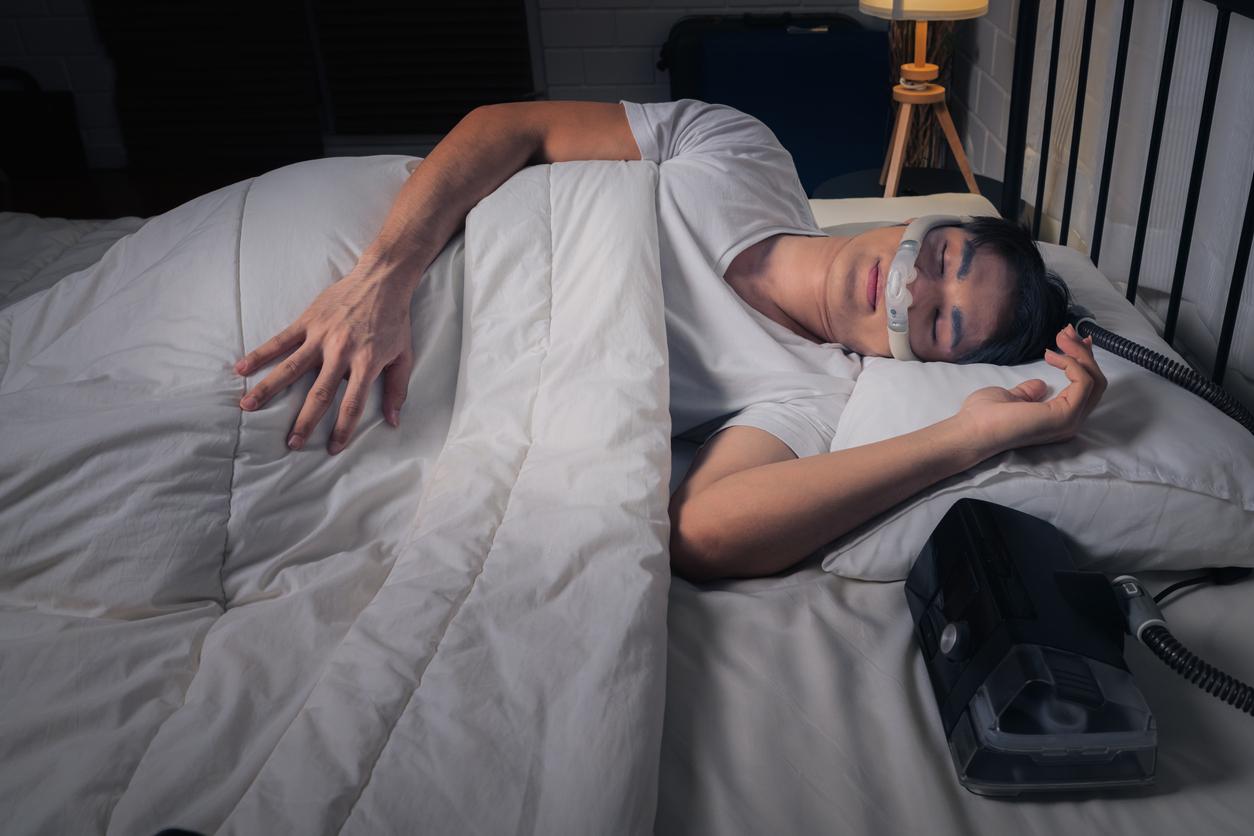Chronic loneliness may significantly increase the risk of stroke in older adults, a new study finds.

- A new study highlights a link between loneliness and an increased risk of stroke in people over 50.
- The risk was even greater if the feeling of loneliness had persisted for years.
- Repeated assessments of loneliness can help identify people who feel lonely and are therefore at higher risk of stroke.
“Loneliness is increasingly recognized as a major public health problem. Our findings further highlight why,” warns Yenee Soh, a researcher at the Harvard TH Chan School of Public Health. This work, published in the journal eClinicalMedicine June 24, 2024, show that chronic loneliness may play a significant role in the incidence of stroke in older adults.
Stroke: feeling alone for years increases the risks
For this research, the team used data from the Health and Retirement Study (HRS) from 2006 to 2018. Participants—all adults aged 50 and over who had never had a stroke—answered questions to assess their loneliness. Volunteers who completed the questionnaire at baseline and again four years later (between 2010 and 2012) were assigned to one of four groups based on their loneliness scores at both assessments: “consistently low” (those who scored low on the loneliness scale on both questionnaires); “in remission” (those who scored high at baseline and low on the second questionnaire); “recent onset” (those who scored low at baseline and high later); and “consistently high” (those who scored high at both baseline and follow-up).
Additionally, 1,237 strokes occurred between 2006 and 2018 among participants whose loneliness was measured at baseline only. The researchers also counted 601 strokes between 2010 and 2018 among the group that responded to both questionnaires.
Analysis of the data collected shows a link between loneliness and a higher risk of stroke, and it is even stronger when people have felt lonely for years.
At the first assessment, lonely participants had a 25% higher risk of stroke than those who were not considered lonely. Within the “consistently high loneliness” group, the risk of stroke was 56% higher compared to those in the “consistently low loneliness” group.
“While baseline analyses suggested that loneliness at one point in time was associated with higher risk, those who experienced intermittent or recent-onset loneliness did not show a clear trend toward increased risk of stroke. This suggests that the impact of loneliness on stroke risk occurs over the longer term.”explain the authors in their communicated.

Identifying loners is key to preventing strokes
These results lead researchers to recommend regular assessment of the mental health of patients, particularly seniors. “Repeated assessments of loneliness may help identify those who suffer from chronic loneliness and are therefore at higher risk of stroke.”says Yenee Soh.
The expert then adds: “If we fail to address their feelings of loneliness, at a micro and macro scale, the health consequences could be profound. It is important that these interventions specifically target loneliness, which is a subjective perception and should not be confused with social isolation.”















